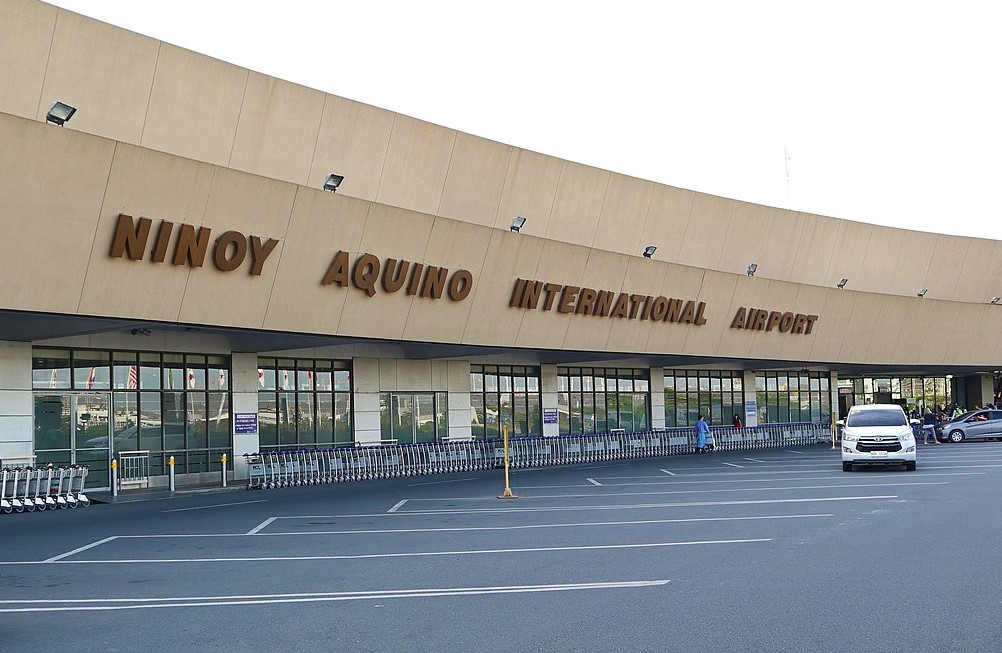


The privatization of the Ninoy Aquino International Airport (NAIA) may be implemented by the first quarter of 2024, an official of the Department of Transportation said Wednesday.
"It is doable that there will be a conclusion that could possibly be proclaimed by the government,” Transportation Undersecretary for Aviation and Airports Roberto Lim said in an interview over ANC.
“That takes time. If there are more than one participants, we will have to talk to all of them. It will take time," he added.
An year ago, there were talks about the potential closure of the Ninoy Aquino International Airport (NAIA) , after Finance Secretary Carlos Dominguez III noted that selling the land it sits on could allow the government to pay down debts racked up during the COVID-19 pandemic.
However, NAIA’s privatization, Lim said, would have “upsides” in terms of efficiency in passenger and flight movement, and generate income for the government.
“There is a lot of upside when you upgrade NAIA. You introduce efficiencies. That means you can process more passengers, you can take in more flights, and more revenues -- means larger share for the government,” he added.
Justifying situation for the current scenario like below social media post , In a press statement, the DOTr said the project aims to increase the capacity of NAIA and ensure safe operations "while significantly improving the passenger experience at the airport through shorter waiting and processing times, more comfortable and modern facilities, and better connectivity between terminals."
Lim clarified issues surrounding the airport’s privatization, including the role of the Manila International Airport Authority (MIAA) once the privatization takes place and the airport employees.
“The relationship between MIAA and the concessionaire will be regulator-operator. The MIAA will continue to operate as a body that will regulate, oversee,” he said.
“Generally no loss of employment. Airport employees will be offered opportunity to work when the airport facilities are privatized,” he added.
DOTr and MIAA said the government needs a private concessionaire to invest in modern air traffic control equipment, rehabilitate runways and taxiways, and improve existing terminal facilities.
All airport assets at the NAIA still belong to the government with the private concessionaire limited to an operations and management role, Lim said.
Last Friday, the Department of Transportation and MIAA submitted their joint proposal for the NAIA-solicited Public Private Partnership project for approval by the National Economic Development Authority Board, giving the private concessionaire 15 years to operate the airport and recover its investment.
"The private concessionaire will have 15 years to operate the airport and recover its investment - a period meant to ensure that there is sufficient capacity to meet growing demand in the Greater Capital Region while new airports elsewhere in the region are still at various stages of development and planning,"
Worth mentioning , In the month of April 2023, as good as six Filipino conglomerates and US-based Global Infrastructure Partners (GIP) formed the Manila International Airport Consortium (MIAC) and submitted an unsolicited proposal valued at over P100 billion to upgrade NAIA.
